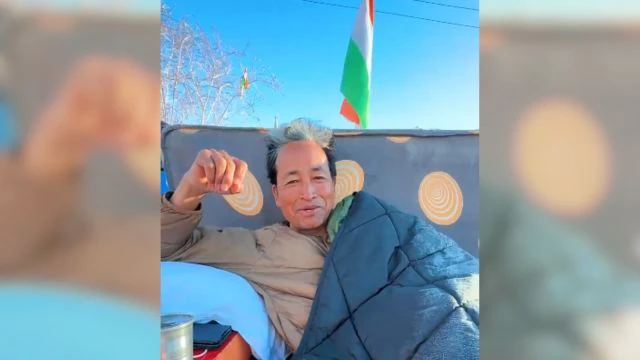Climate change is a global issue that affects everyone, but its impacts are not evenly distributed. Indigenous peoples, who often have a deep connection to their lands and resources, are particularly vulnerable to the effects of climate change. In this article, we will explore the perspectives and practices of indigenous peoples when it comes to climate change.
Indigenous peoples have lived sustainably on their lands for thousands of years. Their traditional knowledge and practices have allowed them to adapt to changing environments and maintain their cultural and biological diversity. However, climate change has brought new challenges that are testing their resilience.
One of the key impacts of climate change on indigenous peoples is the loss of biodiversity. Climate change is causing the extinction of many species, which has significant cultural and ecological impacts. Indigenous peoples rely on biodiversity for their traditional medicines, food, and livelihoods. The loss of biodiversity also threatens their spiritual and cultural traditions.
Indigenous peoples are also experiencing changes in their traditional weather patterns, which affects their agricultural practices and food security. Climate change is leading to more frequent and severe weather events such as droughts, floods, and wildfires, which can damage crops and infrastructure. This puts indigenous peoples at risk of food insecurity and displacement.
Despite these challenges, indigenous peoples are taking action to address climate change. Many indigenous communities are implementing traditional practices such as agroforestry, rotational grazing, and seed saving to adapt to changing environments. They are also using their traditional knowledge to inform climate change research and policy.
However, indigenous peoples often face barriers to participation in climate change decision-making processes. They are often excluded from policy discussions and have limited access to funding and resources. This can make it difficult for them to implement their own climate change adaptation and mitigation strategies.
To address this issue, it is important to recognize and respect the rights and knowledge of indigenous peoples. This includes recognizing their land and resource rights, promoting their participation in climate change decision-making processes, and supporting their efforts to adapt to and mitigate climate change.
In conclusion, indigenous peoples have a unique perspective on climate change and are taking action to address its impacts. However, they also face significant challenges due to historical and ongoing marginalization. It is important for the global community to support their efforts and ensure that their rights are respected in the fight against climate change.
